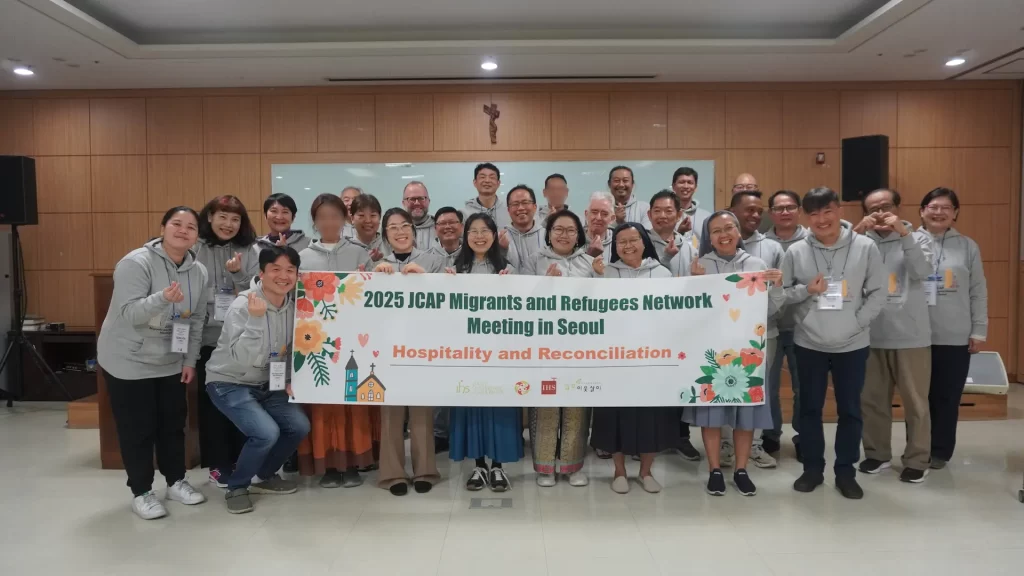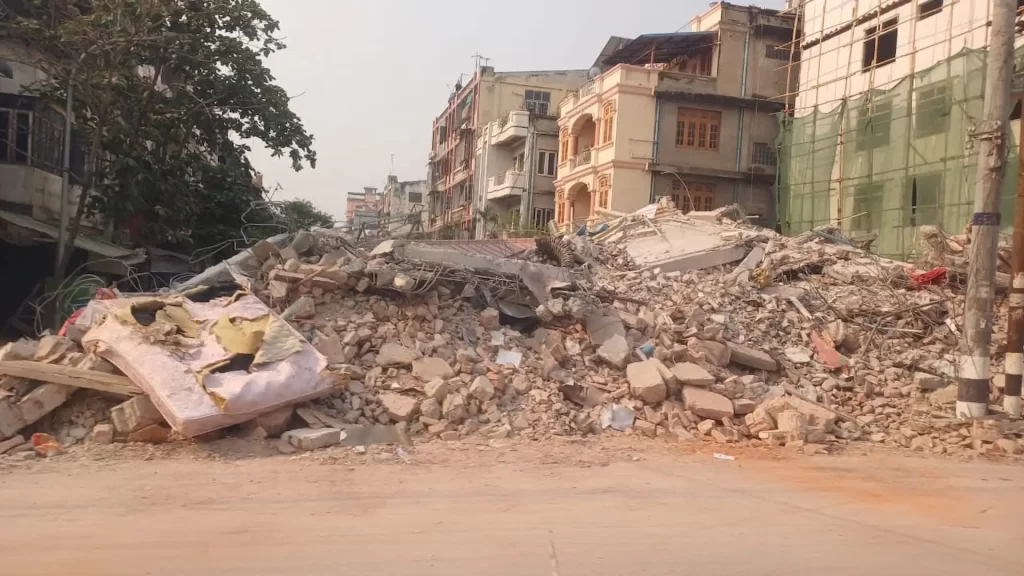Nine Jesuits, together with sixteen lay partners, attended the weeklong gathering of Jesuits working with indigenous peoples in Asia. It was held from October 29 – November 5 at the Dominican Retreat House, Shrine Hills, Matina, Davao City, Philippines. The Jesuit participants were Bro Dominic Tran Van Tan (VIE), Sch Francis Lim (MAS) and Frs Yves Nalet (CHN), Jojo M. Fung (MAS), Patrick Mullins (ASL), Pedro Walpole (PHI), Bogs Tapiador (PHI), Albert Alejo (PHI) and Vinai Boonlue (TAI). On November 4, Fr Adolfo Nicolas joined the group. The gathering included a 2-day visit to the T’boli tribe in Lake Sebu, South Cotabato. The Mindanawon Initiatives for Cultural Dialogue, headed by Fr Alejo, hosted this year’s JCIM (Jesuit Companions in Indigenous Ministry) meeting.
Together with lay partners and lumad leaders from the Philippines, the Jesuits reflected on the issues of Education, Environment and Economy in relation to the indigenous peoples in Asia. They tackled the problems and prospects touching on the promotion of indigenous education, scaling up production of tribal handicrafts for the international market, as well as transforming Jesuit formation in light of so much marginalization that accompanies globalization. One delegate observed that it was a “life-changing experience.
Among the more concrete plans that emerged from the gathering were the training of indigenous entrepreneurs, inter-assistance cooperation on issues like mining, production of a booklet on indigenous prayers and rituals, and development of contextualized and indigenous theology subjects in seminaries. The next meeting will be in 2009 in Chiangmai, Thailand. It will be coordinated by Frs Yves, Nalet (CHN), Albert Alejo (PHI), Jojo Fung (MAS) and Vinai Boonlue (TAI). Its focus will be on Jesuit ministry to indigenous youth and its implications for the social and cultural formation of Jesuits with the theme, IP Youth Leadership: Facing a Changing world in the Future. The group also sent some inputs regarding GC 35, providing fresh views and even critical insights on the way Jesuits tend to talk about marginalization and globalization.






